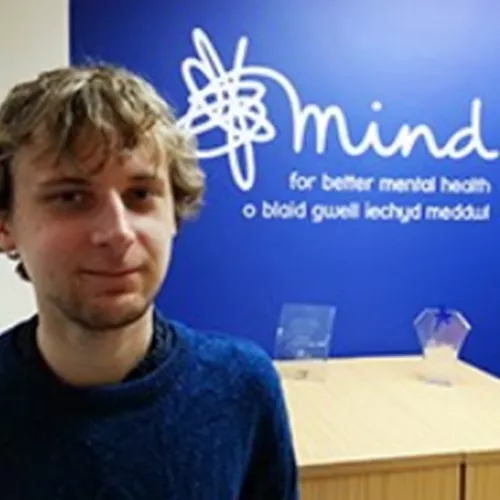Anxiety and panic attacks
Explains anxiety and panic attacks, including possible causes and how you can access treatment and support. Includes tips for helping yourself, and guidance for friends and family.
What are the symptoms of anxiety?
Anxiety feels different for everyone. You might experience some of the physical and mental effects listed on this page, as well as effects in other areas of your life.
You might also have experiences or difficulties with anxiety that aren't recognised here.
This page covers:
Effects of anxiety on your body
These can include:
- a churning feeling in your stomach
- feeling light-headed or dizzy
- pins and needles
- feeling restless or unable to sit still
- headaches, backache or other aches and pains
- faster breathing
- a fast, thumping or irregular heartbeat
- sweating or hot flushes
- sleep problems
- grinding your teeth, especially at night
- nausea (feeling sick)
- needing the toilet more or less often
- changes in your sex drive
- having panic attacks.
The physical effects of anxiety
Watch Alex talk about the physical impact anxiety has on his body in this video:
Effects of anxiety on your mind
These can include:
- feeling tense, nervous or unable to relax
- having a sense of dread, or fearing the worst
- feeling like the world is speeding up or slowing down
- feeling like other people can see you're anxious and are looking at you
- feeling like you can't stop worrying, or that bad things will happen if you stop worrying
- worrying about anxiety itself, for example worrying about when panic attacks might happen
- wanting lots of reassurance from other people or worrying that people are angry or upset with you
- worrying that you're losing touch with reality
- low mood and depression
- rumination – thinking a lot about bad experiences, or thinking over a situation again and again
- depersonalisation – a type of dissociation where you feel disconnected from your mind or body, or like you are a character that you are watching in a film
- derealisation – another type of dissociation where you feel disconnected from the world around you, or like the world isn't real
- worrying a lot about things that might happen in the future – you can read more about these sorts of worries on the Anxiety UK website.
I could feel all these physical symptoms building inside me, literally filling every part of my body until I felt completely light-headed and disembodied.
I constantly thought I was dying of undiagnosed illnesses, because I was convinced that the physical symptoms were too bad to be 'just anxiety'.
Other effects of anxiety
Anxiety symptoms can last for a long time, or come and go. You might find you have difficulty with day-to-day parts of your life, including:
- looking after yourself
- holding down a job
- forming or maintaining relationships
- trying new things
- simply enjoying your leisure time.
In some cases anxiety can have a serious impact on your ability to work. See our pages on how to be mentally healthy at work for information on how to cope. Our legal pages on discrimination at work can provide information about your rights in the workplace.
If you drive you may have to tell the DVLA if you have an anxiety disorder. For information on your right to drive, including when and how to contact the DVLA, see our legal pages on fitness to drive.

Confronting my social anxiety at university
...I quickly felt lonely, overwhelmed and, at times, quite depressed due to my social skills, or lack thereof.
This information was published in February 2021. We will revise it in 2024.
References and bibliography available on request.
If you want to reproduce this content, see our permissions and licensing page.













